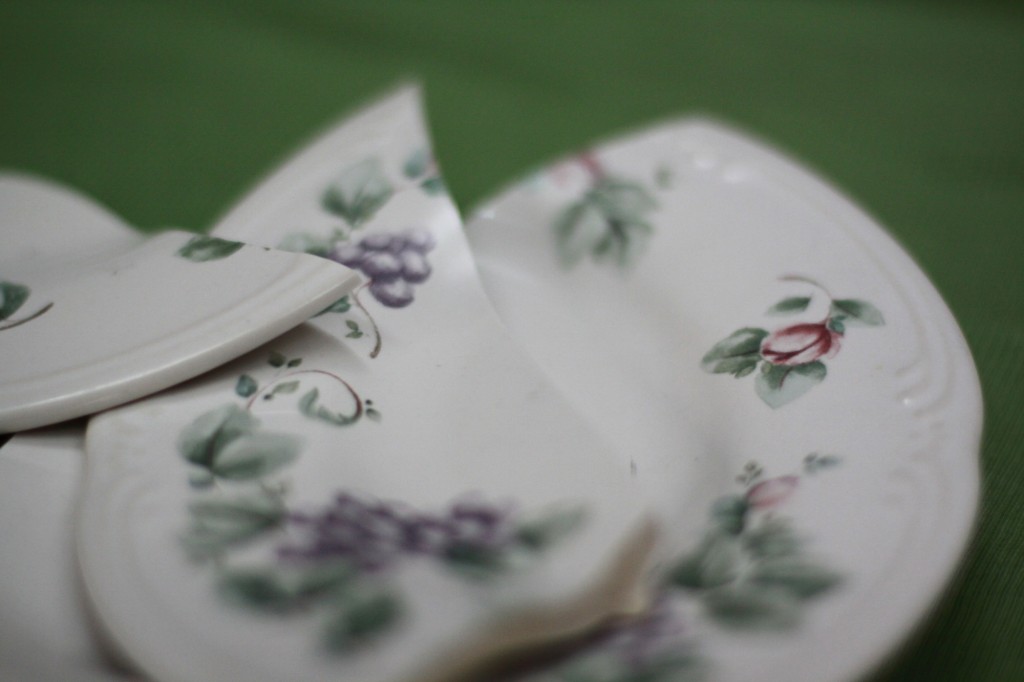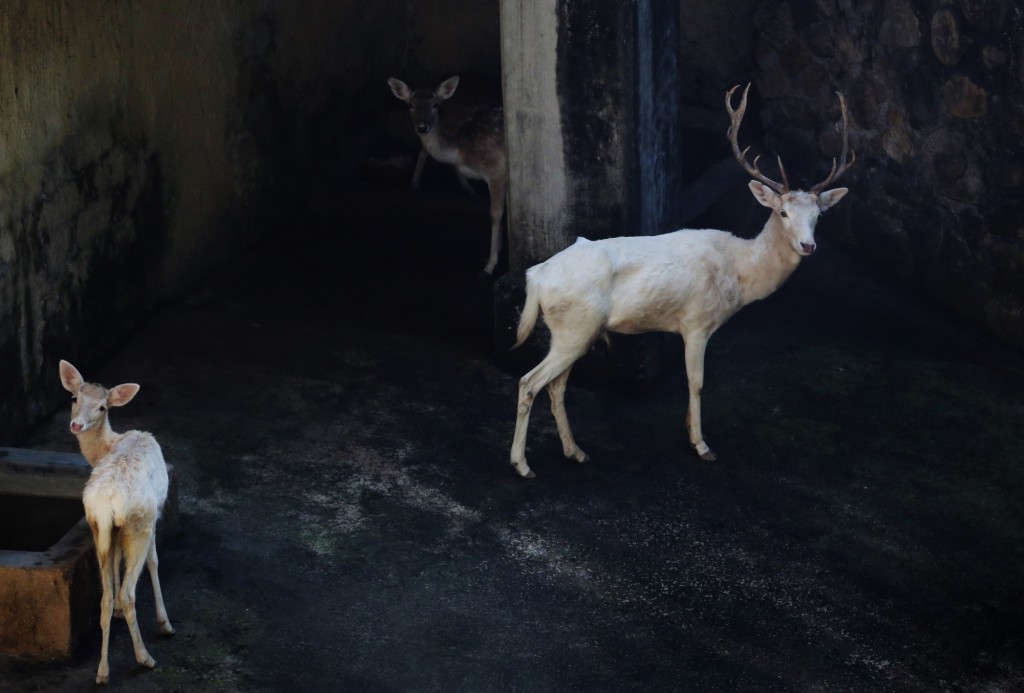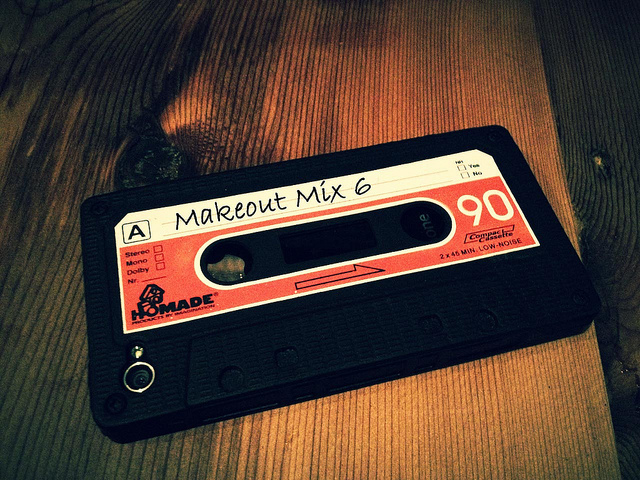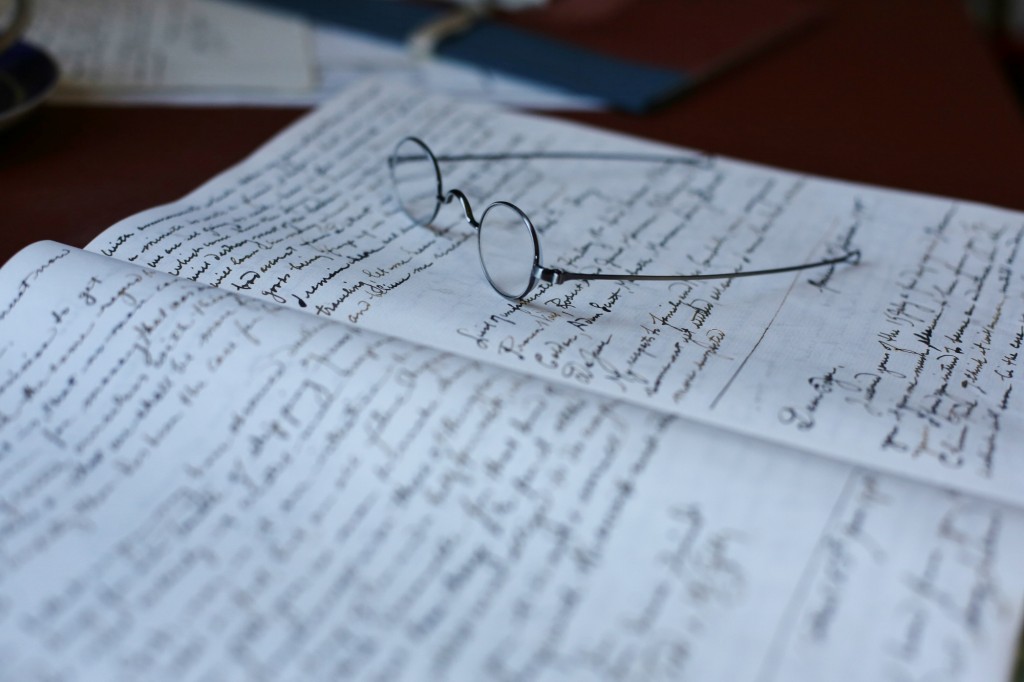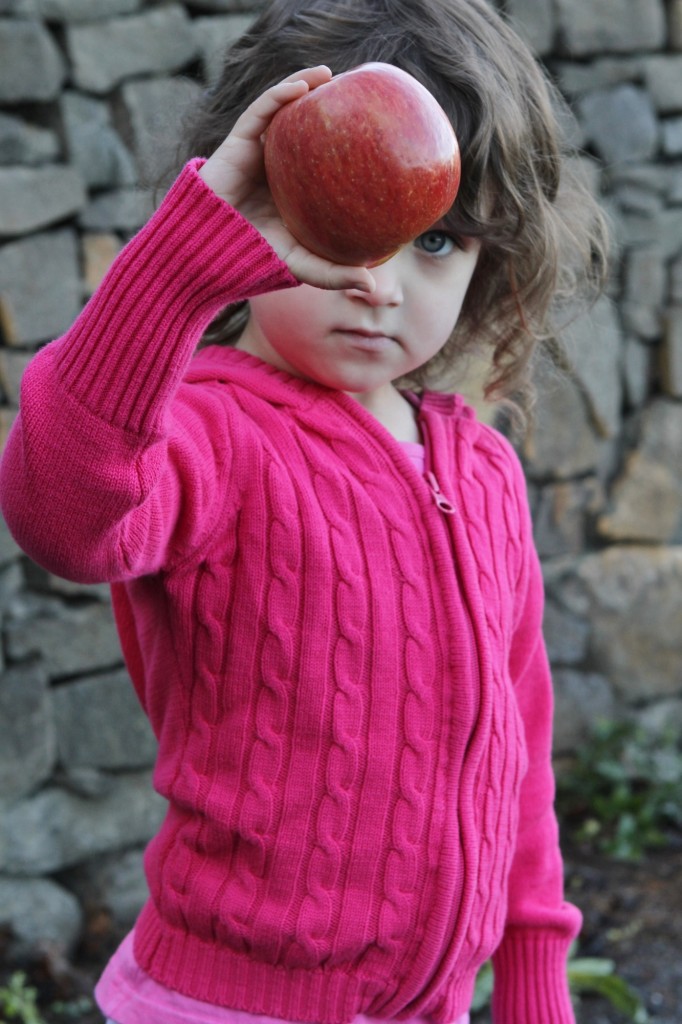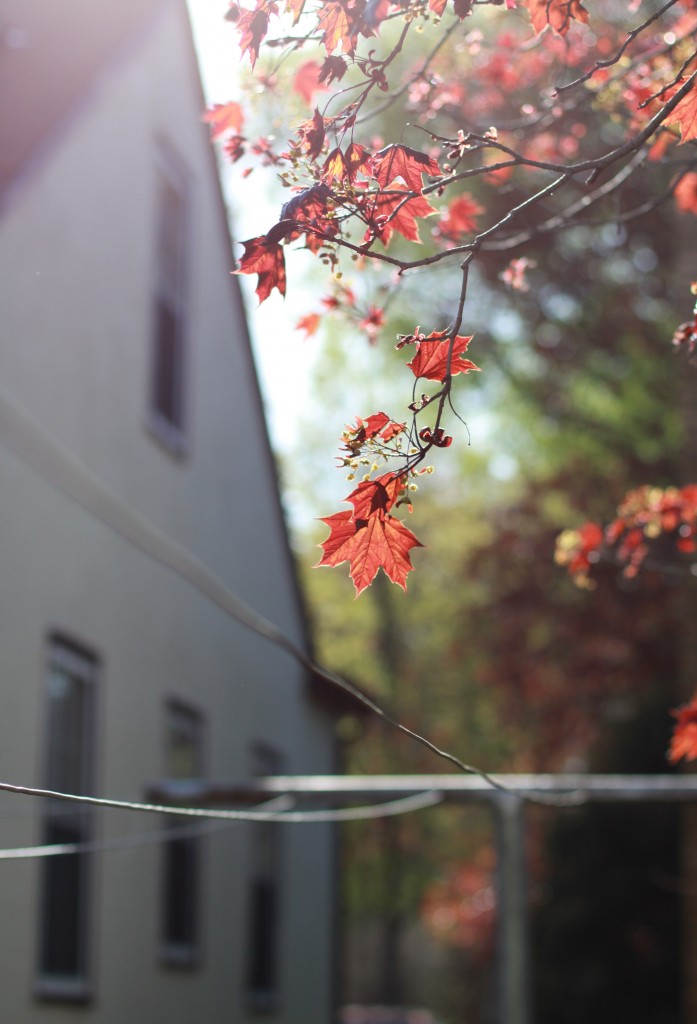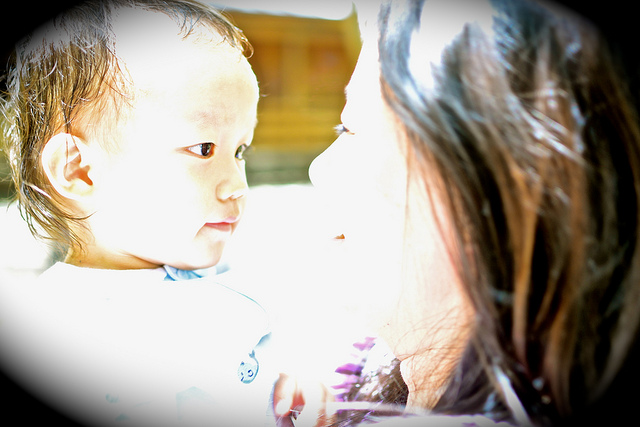
By Susan McCulley
Late on a Connecticut summer night, a young man drives home after a date. He smells smoke. But he doesn’t see the fire until he gets to the pond at the bottom of the hill. Across the water a house is burning. Orange flames reflect on the water between the lily pads. He and a neighbor climb through a window, into the blackness, and pull an old man out of the smoking building. It is 1973. The old man is my grandfather.
•••
In early June 2014, my builder husband Frank complains of back pain for several days running. That can happen when he’s busy, and right now has several construction projects going at once. One house is in the last stages so there are thousands of details to track and a string of sub-contractors to direct. As he hobbles across the kitchen, we exchange pained smiles: Frank’s stress shows up in his back. It’s just stress. But the next morning, my beloved Frank crawls to the bathroom.
•••
My father gets a call at two a.m. at our house on Buzzard’s Bay near Cape Cod. His father, probably in a haze of alcohol, has fallen asleep while smoking in his favorite leather chair. The ambulance is taking him to the hospital with terrible burns from the fire that has destroyed his home. Dad immediately starts the two-hour drive back to Connecticut, headed for Middlesex Hospital. An hour later, doctors decide to transfer my grandfather to the burn center at Yale-New Haven. Realizing that Dad is driving in the wrong direction, his closest friend waits for him on the shoulder of I-95. At three-thirty in the morning, he waves Dad down and gets him to Yale-New Haven.
•••
We find a pair of crutches for Frank but they are awkward and uncomfortable. He settles on using the gnarled walking stick that he made from a dried Arizona cactus. Doubled over and shuffling along, he looks like a six-foot Yoda. The Force, however, is not strong with him. It is painful for him to sit, stand, or lie down. He goes to two massage therapists and a chiropractor and walks out of each appointment in more pain than when he walked in. We cancel a dinner with friends and then a visit with my family. At eight o’clock on a mid-June Saturday night, I call a friend who had back surgery not long ago and beg for Percocet. She gives me kindness, compassion, and every painkiller she has.
•••
My grandfather’s neighbors board up the fire-smashed windows of his home the next morning. In the hospital, Poppa is heavily sedated and asks my Dad to “clean up the house a bit” to get ready for a visit from his sister and her husband. My father has a long conversation with Poppa’s doctor about his condition, his prognosis, and his personality. The doctor says they can keep my grandfather alive, but he would need constant care and would be completely immobile. Poppa has no living will, so the doctor asks my father how he thinks Poppa would feel about that. Dad tells the doctor honestly about his father’s stubbornness, his fierce independence, and his recent battles over needing an in-home health care nurse. The next morning, the doctor calls to say he is terribly sorry but Poppa has died.
•••
Frank says he knows that the pain will go away. He’s been researching back pain, and he’s pretty sure it is just a matter of time before he feels himself again. It’s also possible that it’s not just stress. Maybe something else is going on. He goes to his doctor and gets some steroids and his own prescription for Percocet. He wades into the health care system to figure out what is happening in his spine. He has an X-ray that shows no arthritis and no bone damage. The doctor submits the paperwork for an MRI but it will take a week to ten days before it will be approved. The steroids make him sleepless and sweaty as a teenager. His right shoulder now has bursitis from his sleeping in only one position. We are at sea as to what to do and how to drag ourselves through the pain: his physical pain and my emotional pain watching him.
•••
My father’s father, my Poppa, was older—both in years and in spirit—than my tractor-driving, sailboat-captaining maternal grandfather. In my nine-year-old eyes, he was scratchy on the outside with a prickly mustache, wool suits, and a wool hat with bristly feathers. He had a bristly personality, too, and scolded me for eating like a bird. But his tender insides showed when I trick-or-treated at his door or when I sat with him on his deep leather chair to watch the Rose Bowl Parade on his color television. He drank more after my grandmother died and he smoked until his fingers were stained brown. My strongest memory of Poppa is his thorny-mustache kisses that smelled smokily of cigarettes.
•••
With a cocktail of painkillers, Frank can sleep but, after a couple of hours, the pain pokes him awake. After weeks of determined optimism, he finally crumples. At midnight, he sobs hot tears of pain, fear, and frustration, “What is wrong with me?” Hands resting on him gently, I am paralyzed with the exquisite anguish of helplessness. I’m in such despair that I can’t even cry, furious that no one can help us. After a time and another Percocet, Frank quiets and lifts his head with irritation, “What is that noise?” A scratching, like a mouse or a bat is coming from the woodstove stovepipe and it is driving my sweet man crazy. I leap into action. I can’t make the pain go away, but I can make the bat go away! Intent on new-found usefulness, I stuff paper into the woodstove and light it—not thinking that it’s late June and hot outside so the chimney won’t draw. In a minute, smoke fills the house and I’m crazily sealing Frank safely in the bedroom, opening windows to the thick, humid air, squashing out the burning paper. In the morning, I’m sure that the whole ridiculous scene was a Lucille Ball nightmare except the smell of smoke lingers in the living room.
•••
When Poppa dies, Auntie Jane, my father’s only sibling, flies in from California. She comes for the funeral, presumably, but my only memory of her visit is of my mother and her at the kitchen table drinking and smoking cigarettes. I have never seen my mother smoke. She sees me staring and mumbles that she shouldn’t be doing it. “You deserve it, honey,” says Auntie Jane loosely holding a glass heavy with ice and amber and leaning against the bright yellow kitchen wall.
•••
Frank’s MRI is finally scheduled but his morning appointment is scuttled. He simply cannot lie flat and still in the tube of the machine. My kind, gentle Frank yells and swears at everyone in earshot. “I feel like a fucking old man!” I don’t argue. In just a few weeks, he’s aged decades. The technician tells him to get as much painkiller as he can from the physician and come back.
Hours later, after a torrential rain, we return to the hospital with Frank double-dosed with Percocet and Valium. We pull up to the main entrance under towering pink-gray clouds like billows of smoke from a nearby fire. Between the drugs and the pain he can barely put two steps together, so an elderly hospital volunteer and I help him into a wheelchair and I roll him to the imaging lab. I do my best to make light of it, slaloming down the hallway, but the sight of my strong fit man withering in a wheelchair breaks my heart. The MRI technician suggests I sit in the waiting area, but I will have none of it. I’m not leaving him. Together, the tech and I slide Frank up to the MRI bed and gingerly he hoists himself up. The tired-looking technician arranges Frank’s legs straighter and he is howling and swearing again. She looks at me. “Do you have any more drugs?” I do: two Percocet and two Valium. Frank takes them down.
•••
The rest of the summer of 1973 is soaked in the smell of wet smoke. Every morning, my parents go to the wreckage of Poppa’s house, pull out whatever they can salvage, and toss the rest. They come home every night reeking of soggy soot. Everything in Poppa’s bedroom is destroyed. The intricate family silver and my grandmother’s cobalt blue glasses are melted and unrecognizable. The leather chair and the color TV blackened and soaked. Mom and Dad find some photographs and the big leather-bound family Bible with the metal clasp. Decades later, it still wafts the unmistakable smell of fire whenever it is opened.
•••
Frank sits in the wheelchair with his head is in his hands. The beleaguered MRI tech ushers us into an empty examining room. “Give the drugs some time to kick in,” she says and closes the door on us. I squat down, roll him up close, and press my forehead to his. “I’m right here with you, sweetheart. I’m right here.”
Frank cracks into sobs and says thinly, “It hurts so much. I just want it to stop.”
After a time, all those drugs make his eyes go smoky soft. I put my head into the tech’s office and tell her that he’s ready. We gently slide him onto the machine, straighten his legs, and look at him cautiously. “Okay?” we both say at once. He nods. She hands us both ear plugs like the ones airline workers wear on the tarmac. “You can stand right there and reach in and touch him. It won’t hurt anything,” she says. I put my hands on his head and stroke his hair while the machine sings and groans and zings oddly for nearly thirty minutes. Only after it’s finally over do I look up and notice a back-lit oversized photograph of purple and yellow crocuses on the ceiling.
•••
In the summer of ’73, long before playdates are a thing, a different family takes care of my sister and me every day. Since we had planned to spend the summer on Buzzard’s Bay, we have no day camp or activities in place—only friends. Every day, when my parents go off to dig through Poppa’s burned house, another family has us over to go to the pool or the beach, play in the sprinkler, go out for ice cream. Once, we spend the afternoon with my grandfather’s next door neighbor, the one who pulled him from the bedroom window. He has kids our age and a great swimming pool so it’s a welcome place to be, but the pull of the fire-wrecked house next door is strong. I can smell it across the yard. The kids dramatically tell me not to look, not to go over there, but with equal drama, I sneak to the edge of the yard and peer through the bushes. The plywood-covered windows are like empty eyes. The gray siding above each window is smeared with long black soot smudges like bristly eyebrows.
•••
After the MRI, I drive Frank home, slide him back onto his perch of pillows on the couch, and go to get him tea and an ice pack. When I come back he’s looking at me with tears in his eyes. “How does anyone ever do this alone?”
Up until then, I had made only shy, tentative requests for help from my sister and my closest friends. Gingerly asking if maybe, possibly, would you mind too much, could you please help us? My dearest ones were right there in an instant. Even so, I was ashamed to ask. I felt like I should be able to handle this, that I shouldn’t feel so overwhelmed. That I shouldn’t need help.
Frank’s MRI shows a herniated disc in his lumbar spine that is pressing on his sciatic nerve. Just as the pain branches out from Frank’s compromised disc, I decide to reach out and ask for help. I send out a group email to friends and family explaining what is happening, what we know, what we don’t. In less than a day, friends start pouring in. Some bring enormous meals with funny, handmade cards and flowers. Some come play cards and Backgammon and watch World Cup matches. One sings him a song about chickens. The love pours in our door like a river.
•••
Frank’s back begins to heal, but the summer continues to burn. Four close friends’ fathers die. Another friend, younger than we, is diagnosed with colon cancer. Yet another friend has abdominal surgery to remove a painful and suspicious tumor. A neighbor is killed in a biking accident. A therapist of several friends commits suicide. The sadness and loss is staggering, relentless. The summer suddenly feels unpredictable, scary, dangerous. I take Frank to physical therapy and to get an epidural shot. I write sympathy cards, bring a bag of bagels to one family, bowls of cold summer soup to another. I feel disoriented, suffocated, blinded by all the sadness.
•••
I’m delivering a platter of roasted vegetables and a bowl of melon to another friend singed by the summer of 2014 when I suddenly remember the smoky summer of 1973. I remember the play date at Poppa’s neighbor’s house. I remember the smell mostly—the rest is hazy, except for how odd and disorienting it was as a child. I wonder what it was like for my parents.
When I ask my father about the summer of 1973, he says that what he remembers is the kindness and generosity of so many people: of the young man who spotted the flames, of the neighbor who helped him pull Poppa free, of my father’s friend who flagged him down on the highway, of the wise doctor, of people who just did what needed doing. “People are pretty awesome,” he says.
This summer has cracked me open. It’s challenged me to do things and be with things beyond what I thought I could. The edges of my heart are sore and aching from all the sadness and disappointment and loss. The fibers of my compassion and empathy muscles have been stretched and strengthened. I hug longer now, look with softer eyes, am gentler with my words. I’ve let go of any illusion that I have control over a single thing.
Memory is a funny thing. My father looks back on the tragic death of his father and it is the support, care and kindness that he remembers. As traumatic as it must have been, for my dad the summer of 1973 was about love.
It’s been forty years since Poppa died, but it’s only been a couple of months since Frank’s been walking without his Yoda stick. The string of memorial services is still unwinding. The soreness and bruising from the summer of 2014 are tender, and it is a tenderness that I hope never goes away. I have been tempted to call it The Summer of Sadness, but honestly, that’s not how it feels. The feeling of the summer of 2014 is love. The rest disperses like the smoke from a single match.
•••
SUSAN MCCULLEY is a mindful movement educator and a Black Belt Nia Instructor who has been dancing, traveling, and teaching since 2000. Her blog, Focus Pocus: The Magic of Inquiry and Intent (www.focuspocusnow.com), is dedicated to taking body~mind practices from the studio into life. This is her second essay for Full Grown People and others have been published on Elephant Journal. She lives with her (now fully healed) husband in Charlottesville, Virginia.

 Follow
Follow
